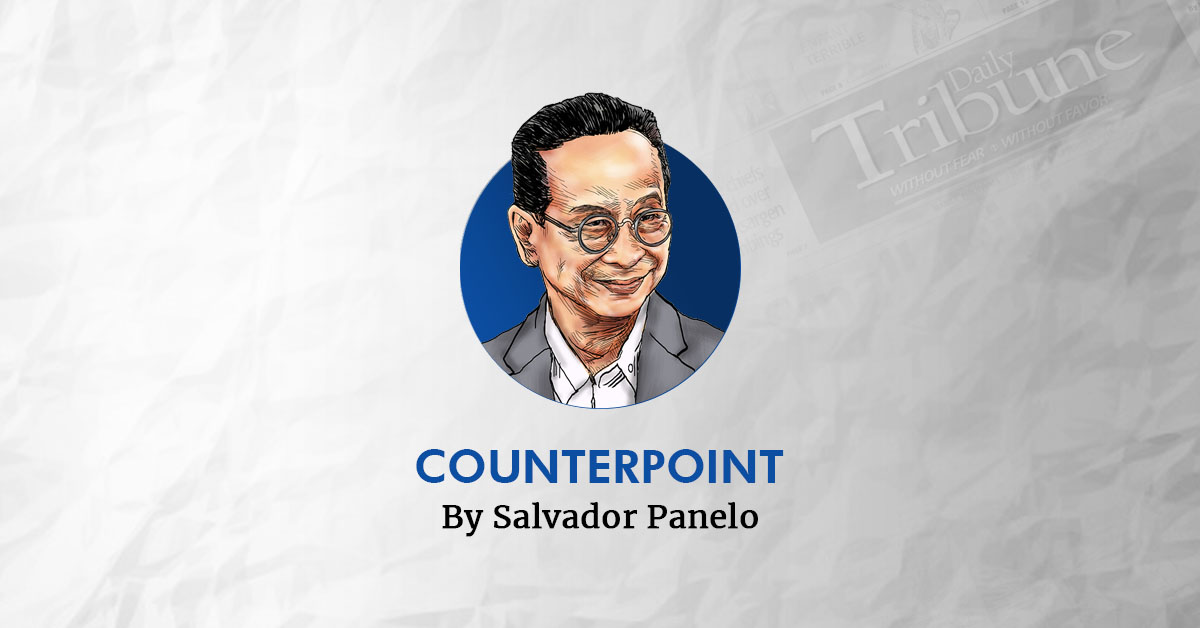Let’s discuss the issue of whether or not the respondents Sebastian, Serafica, Beltran and Valderrama committed serious misconduct in coming out with Sugar Order 4. The Office of the President’s decision ruled that they did not, thus:
“In this case, there exists no clear and convincing evidence to suggest that the respondents committed any misconduct. Notably, there is no showing that respondents issued the subject order to materially benefit therefrom, and the surrounding circumstances extant absolve the respondents of any misconduct.”
Let us pose the question: How can the respondents have committed any misconduct as to the issuance of SO4, when they followed to the letter the instruction to them to draft it, which is not contrary to law nor inconsistent with the findings and recommendation of not only the stakeholders in the sugar industry but with them as well?
How can they have intended to issue SO4 with the intention “to materially benefit therefrom”, when they precisely issued it to avert a full-blown sugar supply crisis and to protect the consumers from the escalating sugar price?
The consequent order of the President to hasten the importation of an additional 60,000 metric tons of sugar on top of the 150,000 metric tons is a validation that the respondents’ recommendation to import 300,000 metric tons of sugar as contained in SO4, at the time of its issuance, was correct all along, and not unlawful as maliciously declared by the aforementioned former Cabinet members — with malicious insinuations that they did it to materially profit therefrom, and innuendos that tainted their integrity and reputation in the process.
As to the charge that the respondents committed dishonesty, the decision ruled they did not, to wit:
“Neither can the respondents guilty of dishonesty. In ascertaining the person accused of dishonesty, consideration must be taken not only of the facts and circumstances which gave rise to the act committed but also to the state of mind at the time the offense was committed, the time he might have had at his or her disposal to meditate on the consequences of his or her act, and the degree of reasoning he or she could have had at the moment.
Here, the intent to deceive or misrepresent is absent sans any proof that respondents concealed the issuance of the subject order to the President. On the contrary, the attendant circumstances indicated respondents’ intention to apprise the President as to the preparation of and approval of SO No. 4.”
This columnist asks: How can respondents commit dishonesty when they were performing their duty as provided by law and as directed by the ex-ES who was also acting within the scope of his authority and upon instruction of the President?
There is even no basis for even implying or insinuating they were dishonest. Dishonest regarding what? SO4 was based on a directive to draft after consultations were made with the key players in the sugar industry, and a consensus was made as to the necessity and immediacy of importing 300 thousand metric tons of sugar, and the concerned officials informed therefrom. The charge of dishonesty was a concoction to cover up the incompetence and gross negligence of those who deservingly reap their comeuppance.
(To be continued)
